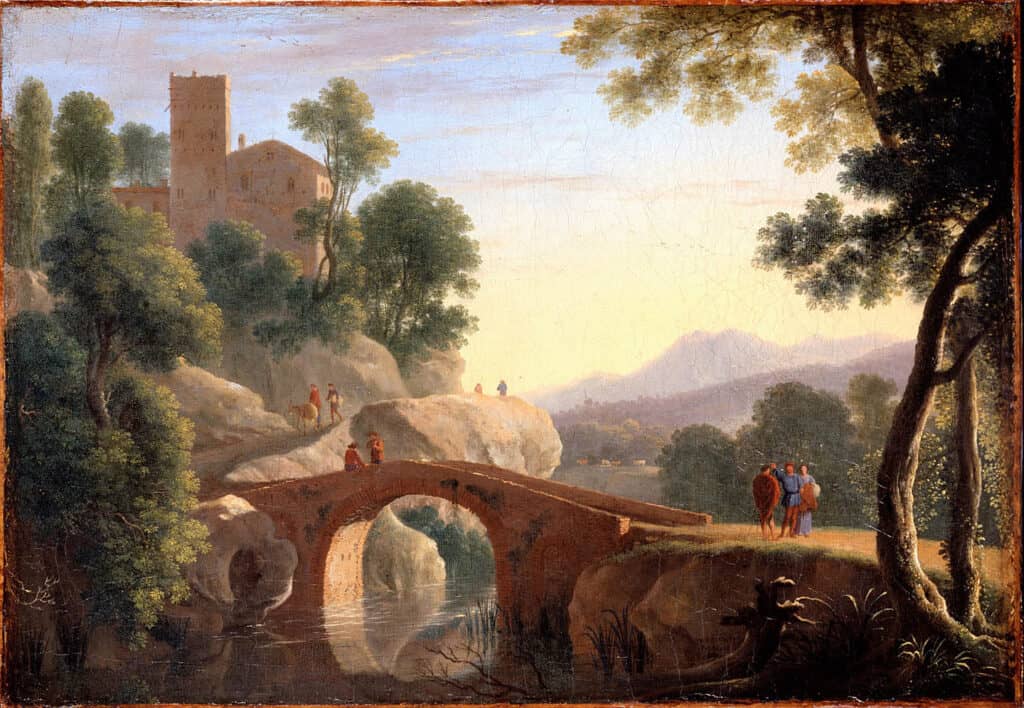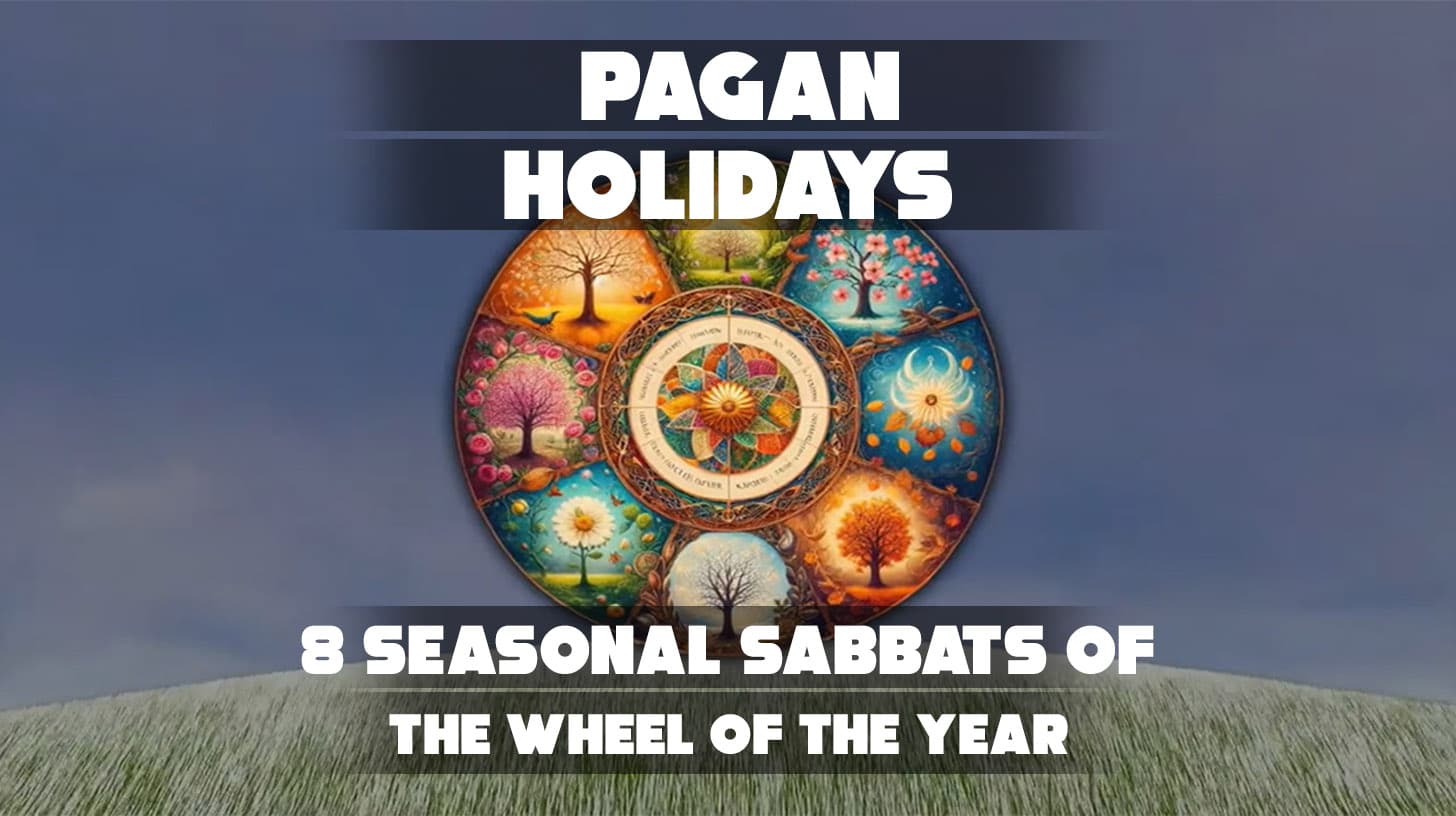Are you fascinated by Italy’s breathtaking landscapes but unsure where to start exploring them? You’re not alone—many art lovers seek to uncover the stories behind famous Italian landscape paintings.
As your guide, we’ve curated iconic works by renowned Italian landscape artists, spanning the Renaissance to modern art.
Follow along as we explore:
- The Italian countryside captured in art
- The evolution of landscape painting
- Key masterpieces that continue to inspire today
Take the first step—continue reading and immerse yourself in Italy’s rich artistic legacy.



Famous Italian Renaissance Landscape Paintings
Italian Renaissance painters were known for their ability to capture the beauty of nature in their landscape paintings, a key feature of Italian art. The Italian countryside was often depicted in meticulous detail, creating iconic works that still inspire art lovers today.
These famous Italian landscape paintings played a major role in shaping art history and the development of Western art. Renowned painters, such as Giovanni Bellini and Salvatore Rosa, painted stunning scenes of Tuscany, the Amalfi Coast, and the Roman Campagna.
Their oil on canvas works remain celebrated for their realism and ability to capture life and harmony in the natural world.
1. The Baptism of Christ

One of the most famous Italian landscape paintings from the Renaissance period is The Baptism of Christ by Andrea del Verrocchio. This iconic work of Italian art shows the baptism of Jesus Christ by John the Baptist in the River Jordan. The landscape beautifully captures the Italian countryside, featuring rolling hills, trees, and a winding river.
This painting is celebrated for its realistic depiction of nature and its meticulous use of light and shadow, which adds depth and life to the scene. As a key example of Renaissance art, it continues to influence modern art and art history.
See Also High Renaissance in Italy
Baroque Italian Landscape Paintings
During the Baroque period, Italian landscape painting shifted from the idealized landscapes of the Renaissance to more naturalistic depictions of nature. Italian landscape artists started to focus on capturing the beauty and drama of the Italian countryside, often portraying rugged mountains, turbulent waterfalls, and dramatic skies.
These paintings, created with meticulous detail, became celebrated for their realism and powerful narrative, influencing both Western art and modern art movements. The use of light and shadow, like in The Sistine Chapel, created a sense of depth and life in the scenes.
2. Psyche Outside the Palace of Cupid

One of the notable landscape paintings in Italy of the Baroque period is “Psyche Outside the Palace of Cupid” by Claude Lorrain. This masterpiece describes a lush, idyllic landscape with a view of the sea in the distance. It features a group of figures in the foreground, including Psyche, the goddess of love, and Cupid, the god of desire.
It is rendered in exquisite detail, with every tree, rock, and blade of grass meticulously painted to create a sense of depth and realism.
3. View of Tivoli at Sunset

Another iconic Baroque landscape painting is View of Tivoli at Sunset by Claude Lorrain. This Italian landscape art captures the beauty of Tivoli, near Rome, with rolling hills, winding rivers, and charming architecture.
The warm sunset sky, painted in oranges and pinks, creates a peaceful atmosphere. The use of light and color highlights the tranquility of the Italian countryside, making it a celebrated example of Baroque landscape painting.
Neoclassical Italian Landscape Paintings
Neoclassical paintings emerged in the mid-18th century, with artists drawing inspiration from ancient Greece and Rome. Italian painters developed a new style focused on classical forms, simplicity, and clarity. This movement marked a shift from the dramatic Baroque style to more balanced and refined landscapes, reflecting a return to the beauty and harmony of classical art.
4. Vesuvius from Posillipo

One of the most stunning Neoclassical paintings is “Vesuvius from Posillipo” by Joseph Wright of Derby. This masterpiece depicts Mount Vesuvius, one of the well-known landmarks in Italy, rising above the Bay of Naples. The composition is simple yet powerful, with the mountain dominating the scene and the sky filled with dramatic clouds.
Its use of light and shadow creates a sense of depth and drama, giving the viewer a sense of the power and majesty of nature.
See Also Famous Italian Paintings
Paintings of Italy in the Romantic Style
The Romanticism movement in Italian landscape painting began in the late 18th century as a reaction to Neoclassicism. Romantic artists focused on emotion, individualism, and imagination. These themes were captured in their landscape paintings, showcasing dramatic scenery and deep feelings, which marked a shift from the more restrained Neoclassical style.
5. The Bay of Naples

One of the most legendary Romantic landscape paintings is “The Bay of Naples” by Italian painter Sebastian Pether. This composition presents the Bay of Naples with Mount Vesuvius in the background, and it is an excellent example of the Romanticism movement’s emphasis on emotion and imagination.
Guardi’s use of color and light in the artwork creates a sense of drama and intensity, and the viewer can almost feel the heat of the sun and the power of the volcano.

Impressionist Italian Paintings
Impressionism, a 19th-century art movement that originated in France, revolutionized painting with its short brushstrokes, vivid colors, and focus on the changing effects of light throughout the day. This approach aimed to capture the atmosphere of a scene, showcasing the natural beauty and the fleeting moments of everyday life.
Impressionist artists strived to evoke emotions through the use of light, movement, and color, often painting outdoors to directly observe the changing environment. Their works continue to influence contemporary art and famous Italian landscape paintings today.
6. View of Venice

One of the eminent Italian Impressionist paintings is “View of Venice” by Francesco Guardi. This art piece renders the Grand Canal of Venice with its iconic gondolas and colorful buildings.
The art creation captures the beauty and atmosphere of the city with its vibrant colors and loose brushstrokes. Guardi was a master of drawing light and shadow, and this is a perfect example of his skill.
See Also Italian Baroque Painters
Modern Italian Paintings
Famous Italian Landscape Paintings have continued to evolve into the modern era, with notable contributions from renowned Italian landscape artists. Their works, often inspired by the stunning beauty of the Italian countryside, have become key examples of Italy landscape art.
These famous Italian landscape paintings blend tradition with innovation, offering a fresh take on classic landscape styles. Through their mastery, these artists reflect the rich cultural heritage of Italy while adapting to modern artistic movements.
7. The City Rises

“The City Rises” is a renowned painting by Italian painter Umberto Boccioni, often highlighted as one of the Famous Italian Landscape Paintings. A prime example of Futurism, this artwork captures the dynamic energy of modern life. It depicts a construction site in Milan, with workers and machinery in motion.
The bold lines and vivid colors convey movement, showcasing Boccioni’s mastery in capturing the essence of modern Italian life. This Italian landscape painting is celebrated for its unique style, blending traditional Italian art with the vibrant energy of the modern era.
See Also Italian Rococo
Contemporary Italian Paintings
Italian landscape painting has continued to evolve into the contemporary era, with many famous Italian landscape painters continuing to create masterpieces in this genre. These Italian landscape artists build on traditional techniques while incorporating modern styles, making their Italian paintings of landscapes highly celebrated in the world of Italy landscape art.
8. The Enigma of the Hour

“The Enigma of the Hour” is a famous landscape canvas by Italian artist Giorgio de Chirico. This surreal painting depicts an empty square with classical buildings and long shadows. A clock tower, frozen in time, dominates the center. De Chirico’s use of muted colors and precise lines creates a dreamlike atmosphere, typical of his surreal style.
As a notable example of Italian landscape art, this famous Italian landscape painting invites viewers to reflect on the mysteries of time and existence, sparking endless interpretations.

Famous Italian Landscape Paintings: A Recap
Famous Italian landscape paintings serve as timeless windows to Italy’s natural beauty. Each artwork offers a representation of Italy, ranging from serene countryside scenes to bustling cityscapes. Displayed in museums worldwide, these masterpieces not only showcase the talent of Italian landscape artists but also provide insights into Italy’s rich cultural heritage.
Every brushstroke captures the essence of Italy’s landscapes, inviting viewers to discover and appreciate the quality of the Italian countryside.
Exploring these famous Italian landscapes sparks a deeper understanding of nature’s wonders and the enduring legacy of Italian artistry. Through these paintings, we seek a greater connection to Italy’s gift of beauty and power, often executed with meticulous detail that brings Italy’s landscapes to life.





